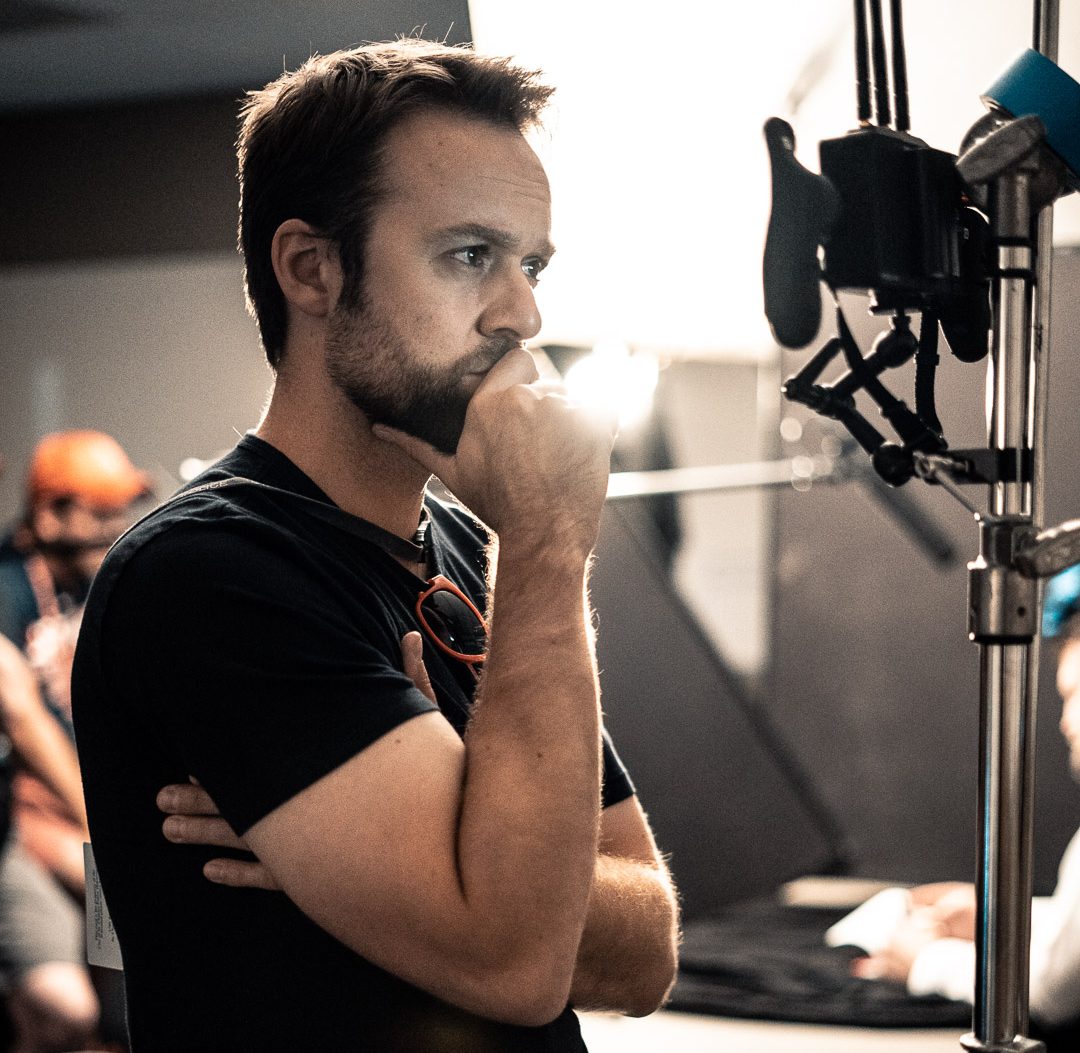
“It’s up to independent filmmakers to show what filmmaking could be here.”
That’s what filmmaker Josh Guffey believes when it comes to producing for the silver screen out of the Gateway City.
“I think this community is ready. The talent is here … There’s great infrastructure and the Kranzberg Arts Foundation is a big part of that now.”
From gaining access to tools and training to pitching to investors and more, Guffey, says filmmaking is “hard as hell,” but he wants to help up-and-coming film artists better navigate the scene through the Kranzberg Arts Foundation filmmaking residency.
An Iowa native and filmmaker who launched his career in Los Angeles, Guffey relocated to St. Louis in 2014 with his family in the middle of researching and developing the movie “All Gone Wrong.” Inspired by films that portrayed cops and robbers, Guffey tells a realistic story about narcotics policing with Tony Todd in a leading role, who is well-known for his unnerving performance in the 1992 film “Candyman.”
“What really encouraged me to get going and to shoot the movie in St. Louis was a movie called ‘The Ghost Who Walks,’ shot in 2018 and released 2019,” Guffey said. “The filmmakers — producer Dan Gartner, David Johnson, and the writer/director Cody Stokes — they were super encouraging and instrumental and just really open with their time. I peppered them with questions … and it really gave me the ability to believe in myself to try to make it here.”
In 2019, Guffey was awarded the residency through the In Motion Filmmaking Conference and granted access to a wide array of resources provided by the Foundation including vital infrastructure for planning and production.

“For us, we were in the middle of making the movie, so we held an investor event at the .ZACK Theatre and had a reception where people could see the business plan and just kind of hang out and meet us. That got us money to go into post-production,” Guffey said. “It can be very expensive to get locations, and if you don’t have the money, it can be a barrier.”
With his film now “in the can,” Guffey plans to host a workshop for producers and aspiring filmmakers, “to help people and show that it’s a step-by-step thing.”
“Everybody has a voice, but if you can’t express that voice in the way that you desire … And then you see other people who have advantages and the path to expressing their voice through filmmaking is much easier and much shorter, it can be very frustrating,” Guffey said.
From access to venues for planning and production to theatre space for hosting investor screenings and premieres, Guffey mentioned that “you really see the benefit through all the stages as a filmmaker,” in the Kranzberg Arts Foundation residency program.
“I think so many people who are filmmakers still struggle with these parts of the whole process,” Guffey said. “It’s like, ‘here’s one less thing to worry about,’ and then all of a sudden you have more energy to think of how to make it better, rather than just how to make it.”
In addition to infrastructure, the residency also connects the filmmaker to a network of other local artists and entrepreneurs. Guffey recalled a situation in which he needed the help of a music producer to bring a song in the movie to life.
“It just so happened that Owen Ragland, who’s a former musician in residence, was our guy, so it was nice to keep it within the resident family,” Guffey added. “Just amplifying who these artists are … it creates connections. It’s really cool how that went down.”
Despite the hurdle that has been COVID-19, “All Gone Wrong” is in the final stages before it premieres. Guffey said he feels a responsibility to be a good steward of filmmaking in St. Louis, to help others along the way, and the Kranzberg Arts Foundation filmmaking residency feels like a good place for that.
“We need to support filmmakers and give them a platform to create. It’s just like all arts; there are some mechanisms in place to help artists create, and the more we can do that for filmmakers, the better the movies will be.”

